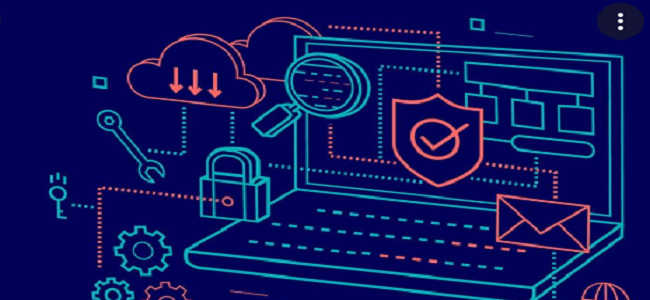We are all saving time by buying products online. We don’t have to go to the retail stores and spend time choosing a particular item. But is this really the case?
Distortion Effect
As Paco Underhill, an expert in retail psychology, has shown that our perception of time is distorted when it comes to shopping. This is called ‘distorting effect’. The key findings of his research are that you spend less time in a shopping spree when you interact with your surrounding in a certain way. No wonder, as customers are exposed to a plethora of interactive capabilities of an online store, the chances of your desire to save time while shopping online is as bleak as it can get. For instance, customers spend more than required time on researching the online catalogue and reading reviews.
What is more fascinating is the findings of another research by marketing charts which revealed that 50 per cent of people spend 75 per cent of their time in the online marketing world researching for products and subsequently buy it in a brick-and-mortar store. You can get an idea of how much time people are spending in the research of a product in the online counterpart of a brick-and-mortar shopping.
Other Factors
There are some other psychological effects that help mould your perception of time, which are as follows.
1. The perception of time in the online world has a lot to do with our emotional state. Products that excite, interest, intrigue us contribute a lot in changing our perception of time as users often lose track of time.
2. It may come as a surprise to you, but the light projected from your screen can also alter how much attention we pay to time. A hormone called melatonin regulates our sleep cycle. Thus, the amount of light you receive affects the melatonin release, which, in turn, affects a range of psychological functions. And one of the major functions affected is your sense of time.
Online marketers must make sure that not only the customer is spending a considerable amount of time on their store, but they must also think that the system is fast, and the perception of time is speedy. Colour psychology comes in handy. Yellow tends to make people act quickly, whereas blue tends to slow them down.
Choosing the right combination of these can do wonders for your website. For instance, a blue background can make users spend time on your website, whereas yellow is a call to action button that can prompt them to buy your product quickly.

